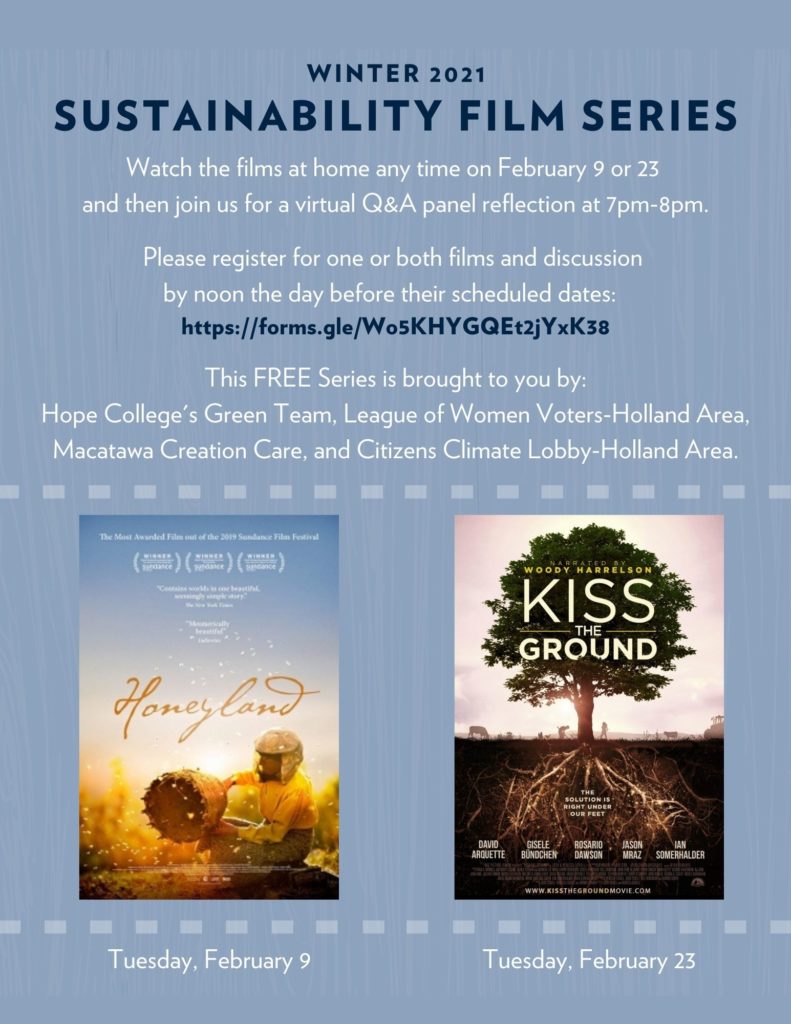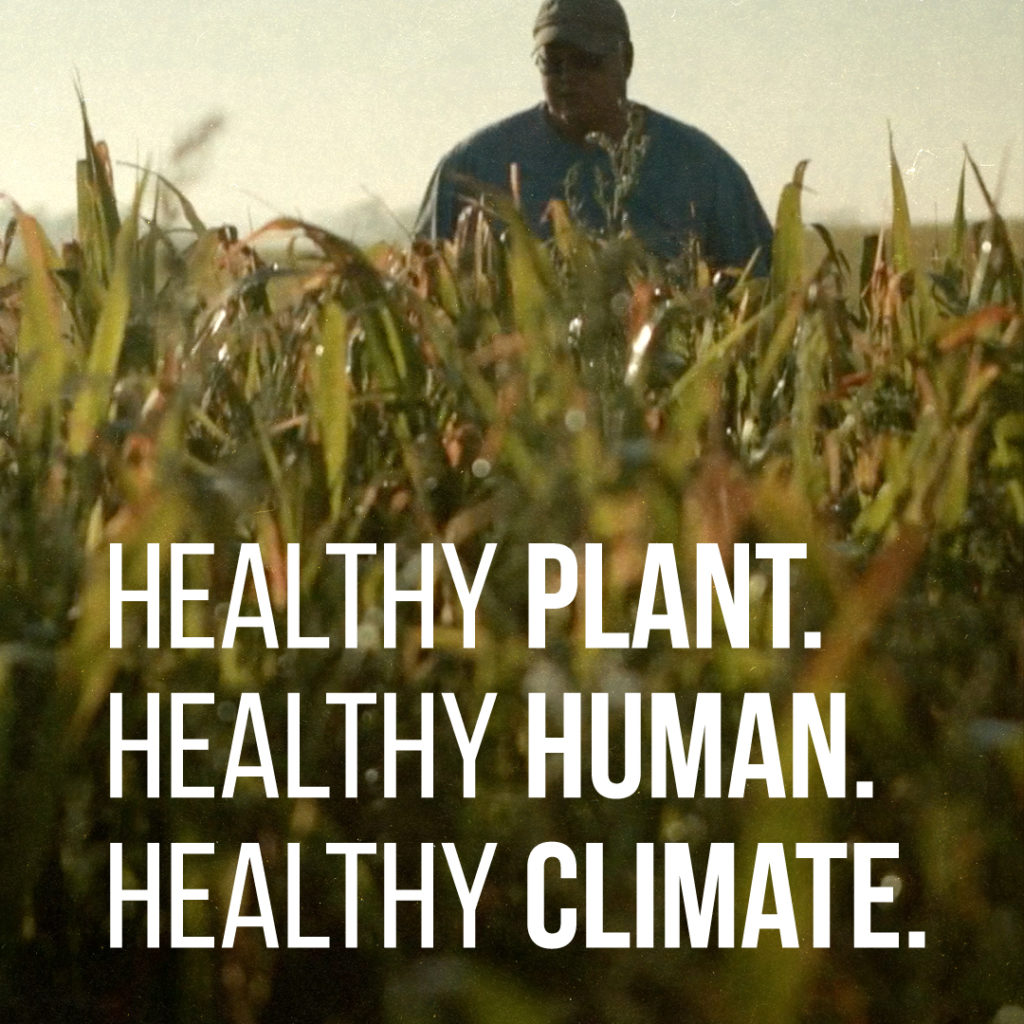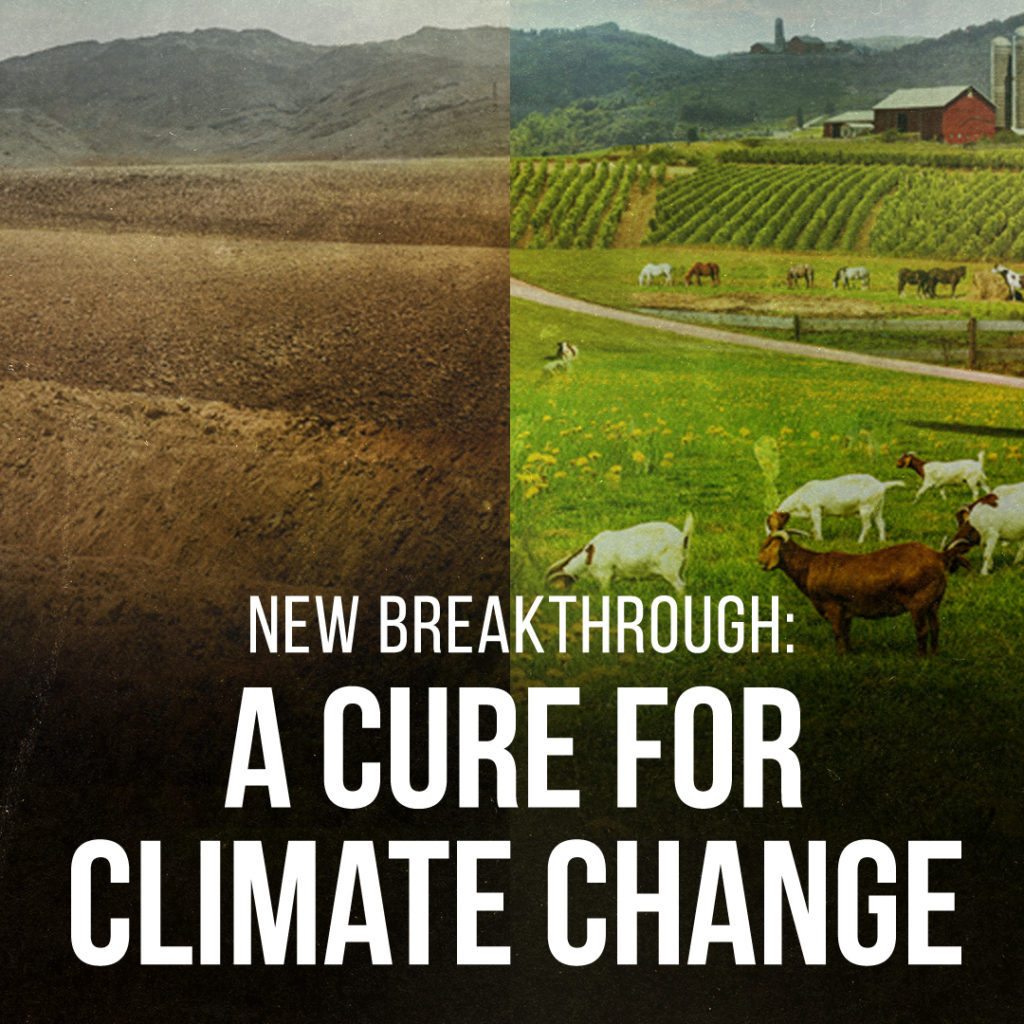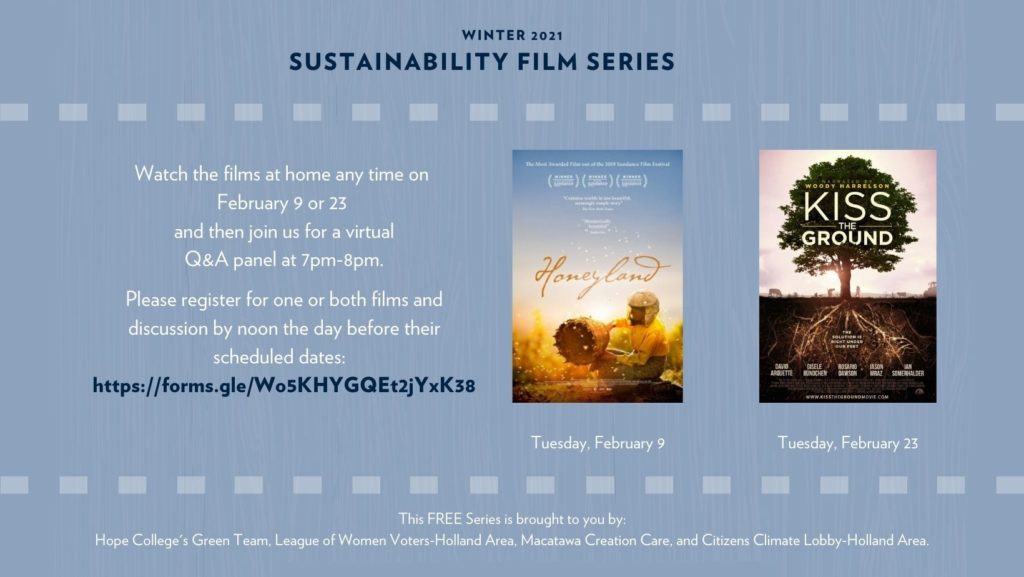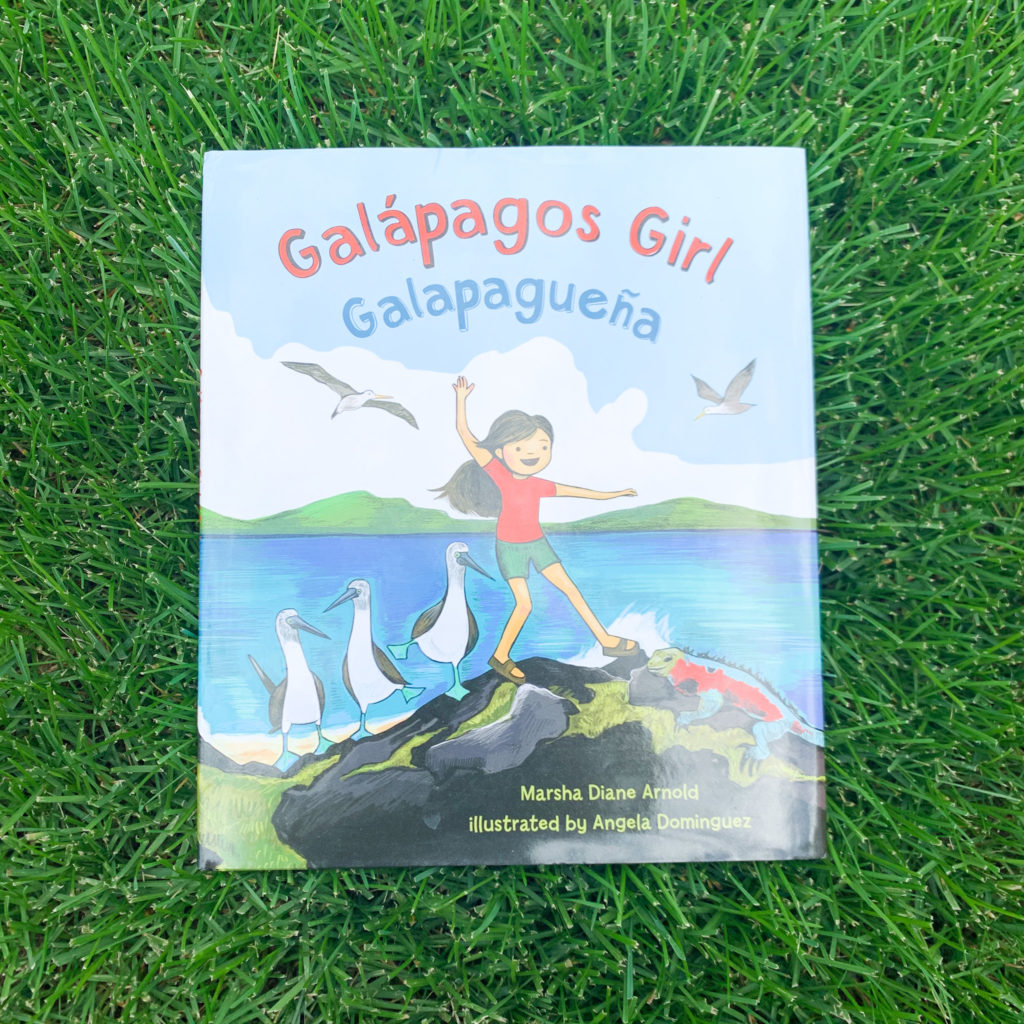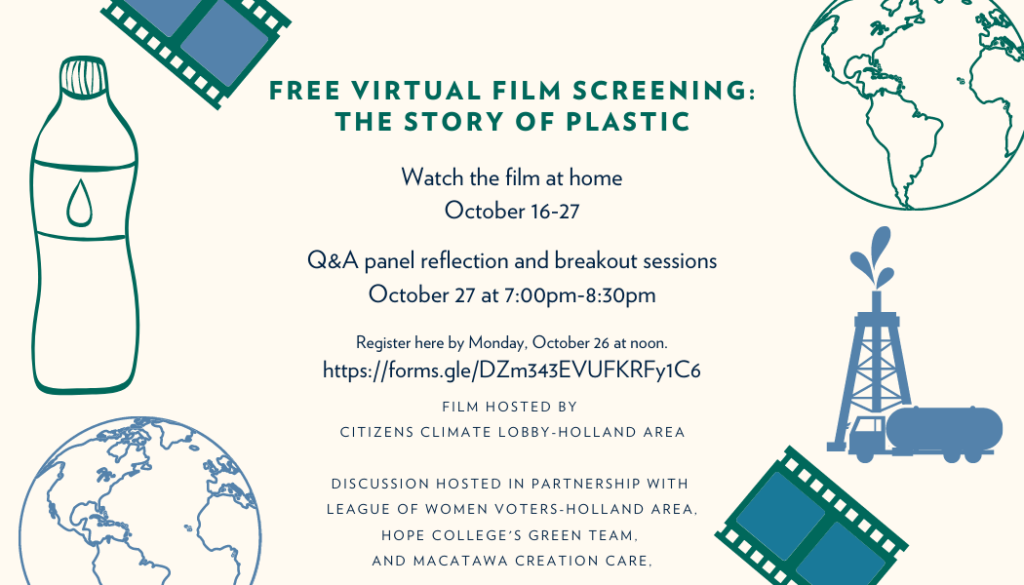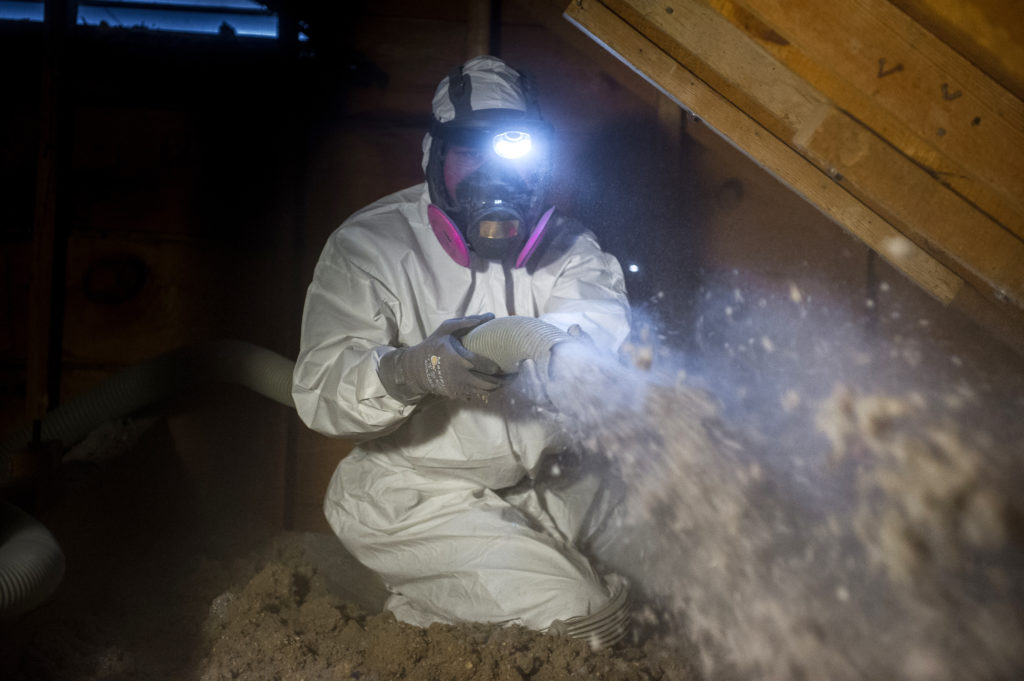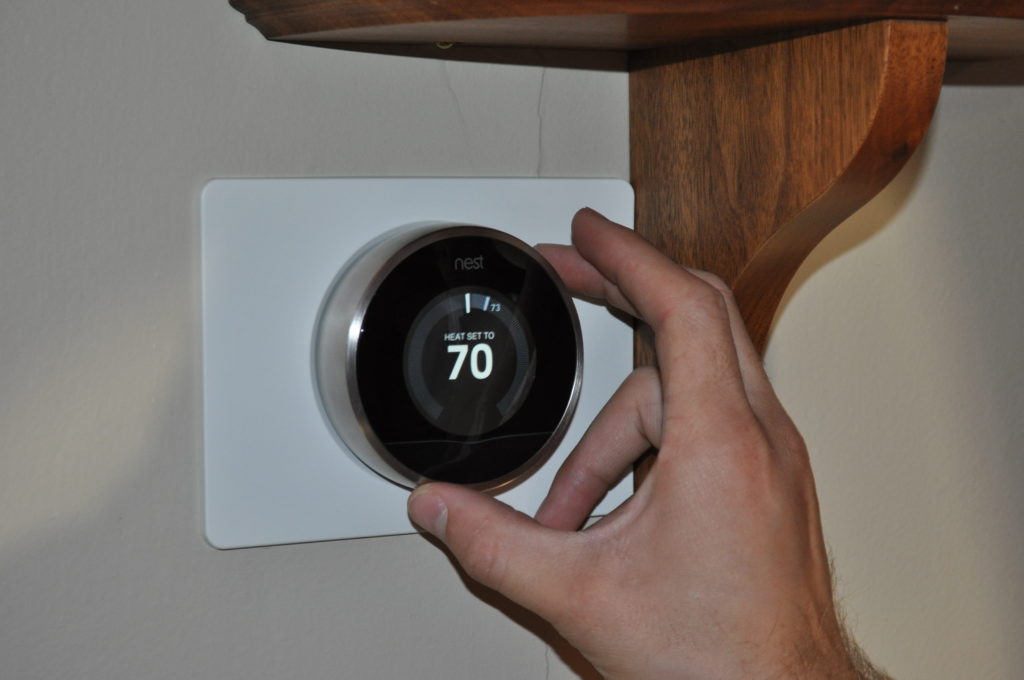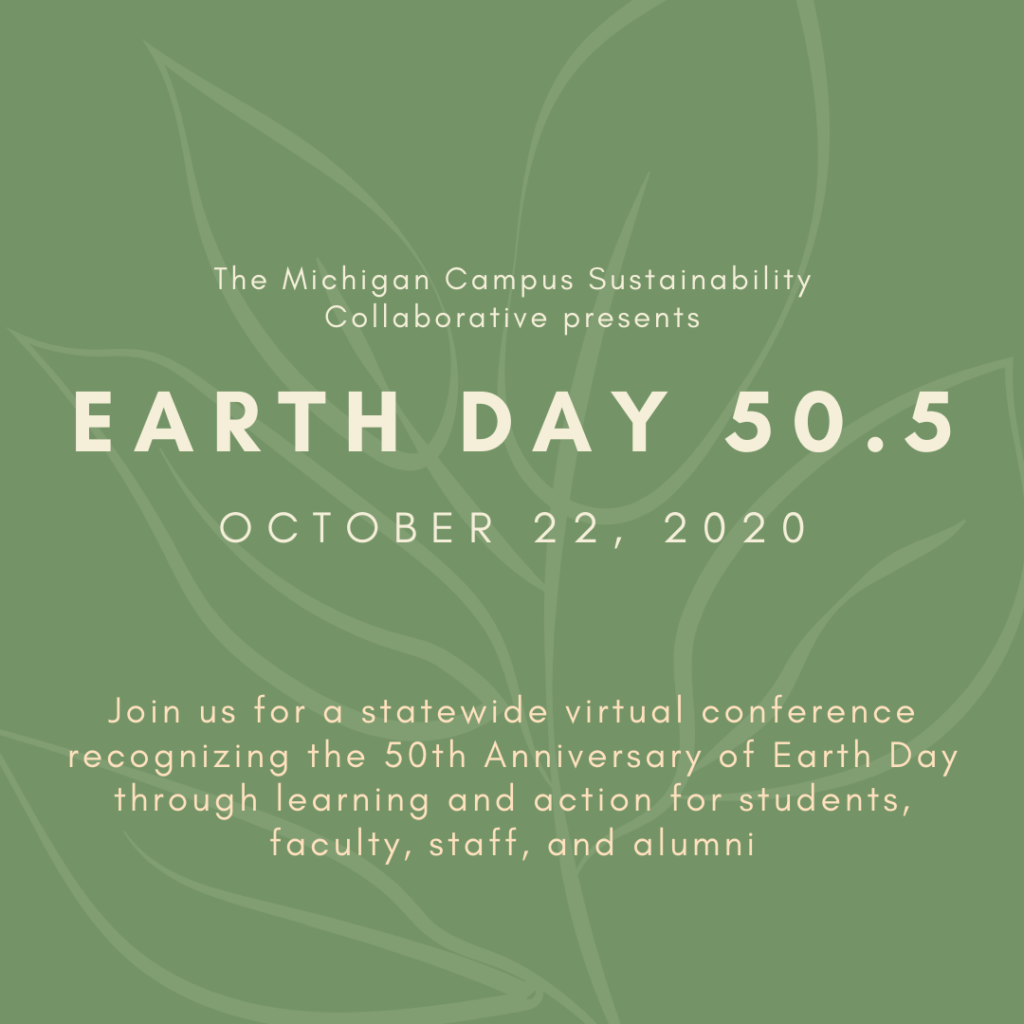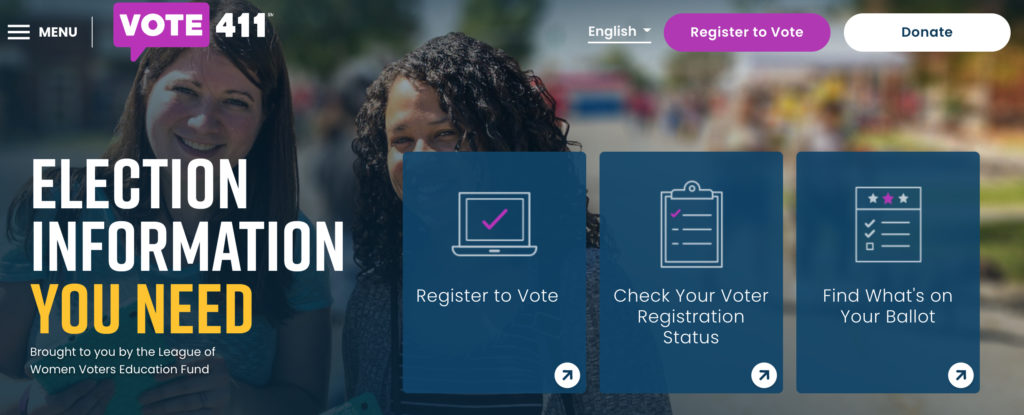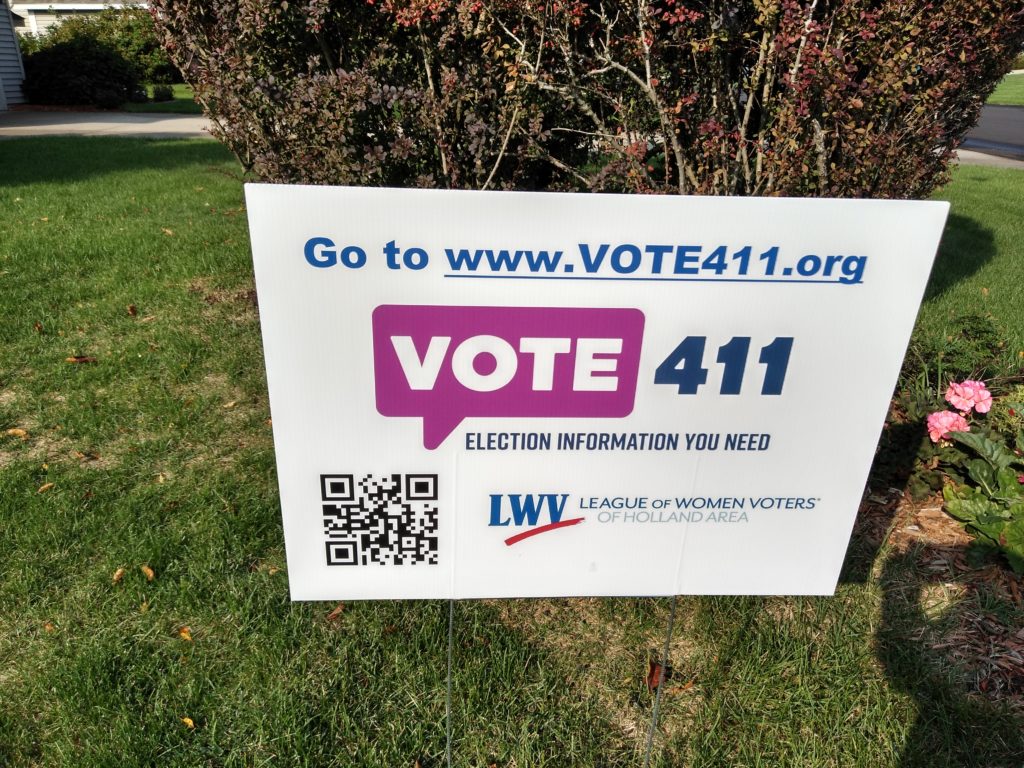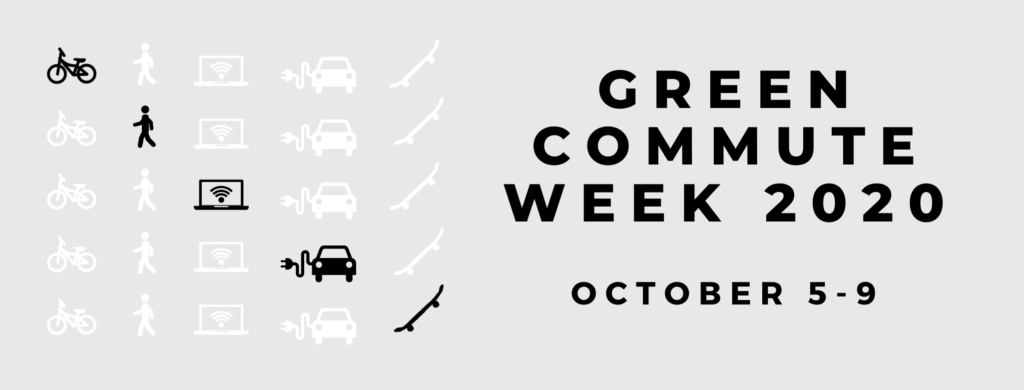Now more than ever, we can’t seem to exist without technology.
Though humanity was already walking that precarious path, the COVID-19 pandemic forced us even closer to our devices — perhaps a little closer than we were ready.
Viewing our phones, tablets, and TVs as lifelines to the world brought into perspective how much life we could live through them.
However, remember that technological advancement is double-edged. These machines that pump us with serotonin also dissociate us from a tangible existence, and that is why the National Day of Unplugging is something we should all honor.
The Day of Unplugging, begun in 2009, promotes a 24-hour break from technology.
A decade ago, there was little data correlating mental health to phone dependence, but the core founders of the day believed we needed a communal awareness of potential smart-device effects.
On the National Day of Unplugging, coming up March 5-6, communities are encouraged to bring tech and life into a sustainable balance.
This is also a time to slow the dizzying pace of life, something phones have also helped throw out of whack. The Day of Unplugging is an international movement with supporters in cities and towns all across the world, even here in Holland.
As this day approaches, West Michigan residents are encouraged to explore screen-free possibilities for adventure, education, and socialization.
There is certainly no shortage of natural spaces to discover with family and friends, such as Windmill Island, Window on the Waterfront, Riley Trails, Van Raalte Farm, Pigeon Creek, and others.
If the spring weather sticks around, a hike outside would be the perfect opportunity to view wildlife such as cardinals, eastern bluebirds, and cottontail rabbits.
The Outdoor Discovery Center and DeGraaf Nature Center, especially, are invaluable resources for kids to better understand the nature-rich ecosystem that surrounds them.
If you’re the volunteering type, a day at Eighth Day Farms will not only gift you a practical knowledge of agriculture, but also an ethical understanding of stewardship.
The Day of Unplugging would be a fantastic day to ditch the car and choose a bike or skateboard, or even your own two feet to mingle with your neighborhood.
Sturdily knit communities bring about the most sustainable change, so don’t feel nervous engaging with those around you about the best ways to recycle, conserve, and increase awareness of the state of our planet.
Use this time, not just as a respite from the TV, but also as a meditation of what your life should truly be. Reconnect with those you love and appreciate those you take for granted.
With a phone blocking our view, it’s easy to forget what makes life important.
But the sounds and sights of nature often bring these back to mind, so on this National Day of Unplugging, remember what is important and what should remain here for years to come.
— Zachary Dankert is an intern at the ODC Network, working with the program team. Zach is majoring in English and biology at Hope College.
About this series
Living Sustainably is a collection of community voices sharing updates about local sustainability initiatives.
This Week’s Sustainability Framework Theme
Smart Energy: We need to use both conservation and efficiency measures to manage our resources to provide access to reliable and cost-effective energy.


